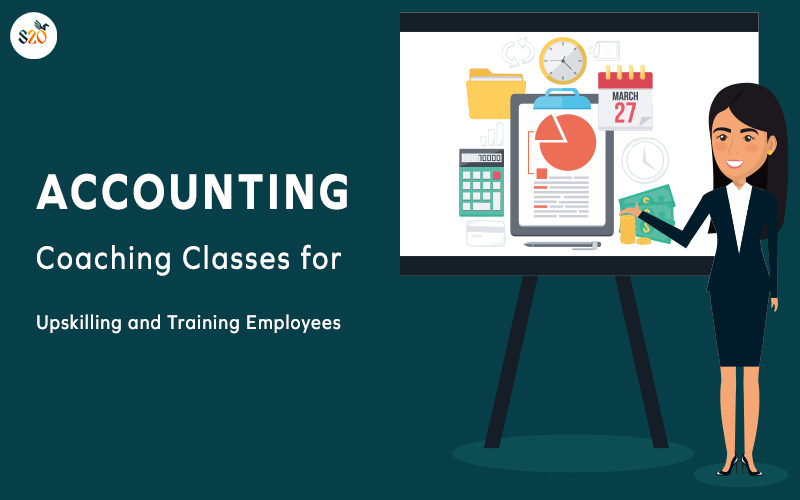If a company wants to be successful, quality management has to be a required feature. It ensures that their products and services will beat and even surpass customers’ expectations.
High quality remains the key for business success in the rapidly changing industry and meeting the ever advancing customers’ tastes. Internal audits are indispensable because they serve as a systematic tool to audit and enhance quality management systems. The article provides a practical guide on how to conduct quality audits and the role of internal audits in improving quality management.
Internal audits: a comprehensive guide
The internal audit is designed to assess the policies, procedures and systems of a company from a point of view which is systematic and objective. People from inside of the company such as quality assurance teams or appointed auditors do internal audits internally, and not external audits, which are done by external parties.
The main purposes of an internal audit are detecting non-compliance, checking standards and regulations, as well as suggesting alterations to improve the effectiveness of an organization.
Importance of internal audits in quality management:
1. Identifying non-conformities:
An important advantage of carrying out the internal audits is that they afford you the chance to discover the non-conformities, which are the deviations from the quality standards and processes.
Organizations can quickly identify and remedy areas of non-compliance by performing audits within various departments and processes frequently. Through this preventative measure, we may nip problems in the bud and ensure the credibility and image of our company.
2. Ensuring compliance:
Being compliant with all the rules and regulations of your sector is mandatory for keeping quality as high as possible while being on top of legal aspects.
Quality management systems (QMS), industry-specific certifications (for example, ISO 9001), and regulatory frameworks can be assessed by means of an internal audit. Organizations can understand their commitment to quality excellence and the risk related to non- compliance by conducting audits to confirm compliance.
3. Driving continuous improvement:
A key pillar of quality management, the ongoing improvement strives to improve the efficiency of the processes, resources, and innovation. Through the examination of current processes and indicators that measure performance, internal audits can identify those areas that have room for improvement.
Organizations can not only have continuous improvement programs across the board but also look for corrective and preventive actions that can be based on the findings and recommendations from the audits.
4. Enhancing risk management:
Efficient quality management incorporates good risk management too, as this tool helps businesses anticipate, reduce and react to product quality and customer satisfaction threats.
The main task of an internal audit is to break the security of the organization by checking its risk controls and vulnerabilities. Businesses can shore up their resilience and minimize the chance of quality-related events or product failures by anticipating risk factors and addressing them promptly.
Implementing effective internal audit practices:
1. Establish clear objectives:
Define the scope, objectives, and criteria for internal quality audits based on the organizational quality targets, regulatory requirements, and stakeholder expectations. Determining the direction of audit actions and ensuring they complement the strategic objectives is facilitated by setting clear auditing objectives.
2. Plan and schedule audits:
Develop an all-encompassing audit plan specifying when, what, and how much internal auditing should be conducted. To ensure that all processes and areas in the business are audited thoroughly, schedule them in regular intervals.
3. Select competent auditors:
Outsource the internal audits to experts or certified auditors who have a good balance of experience, education, and independence so as to get impartial results. Provide training and resources for auditors to improve their skills and efficiency.
4. Conduct thorough audits:
Carry out internal audits in a systematic manner following the set audit standards and procedures. Review adherence to quality standards and locate areas for improvement by gathering necessary evidence, conducting interviews and studying the documentation.
5. Communicate findings and recommendations:
Include your audit’s results, notes, and recommendations in a simple to comprehend and implement form. For timely action and taking responsibility, it is essential to report the audit findings to the responsible persons including employees, process owners and management.
6. Implement corrective actions:
Develop partnership with relevant stakeholders to pinpoint areas of non-compliance and enhancement, and then apply corrective actions. Keep in mind how far along the road to quality you already are and how well the remedial measures work.
7. Review and continuously improve:
Periodically, conduct the internal audit results and techniques review to examine how successful they worked out and where they could be enhanced. To develop effective audit processes and achieve continuous improvement, the stakeholders must be consulted and the lessons learned must be applied.
Conclusion:
The ability to develop strong quality management systems and superb organizational excellence is definitely enhanced through internal audits. Internal audits help companies in reaching and sustaining high performance standards by conducting regular assessments of processes, detecting deviations, and contributing to the process of constant improvement.
Organizations can contribute a quality and innovation culture through internal audits if these audits are carried out effectively. This will minimize risks, enhance compliance, and maximize operational efficiency.
In a complex and rapidly changing business environment, organisations can increase their competitiveness, improve the confidence of the customers and power long-term success by focusing on internal audit. Whereas one should do a commerce course in Ahmedabad to gain all the knowledge about Internal Audits. It will open various job opportunities as well for them.
Commerce courses in Ahmedabad can boost student’s competitiveness, recruit students, and promote academic integrity and creativity by adopting internal audits. Internal audits enable continual development and quality assurance as educational institutions adjust to changing education dynamics, improving student learning and promoting commerce education excellence.










